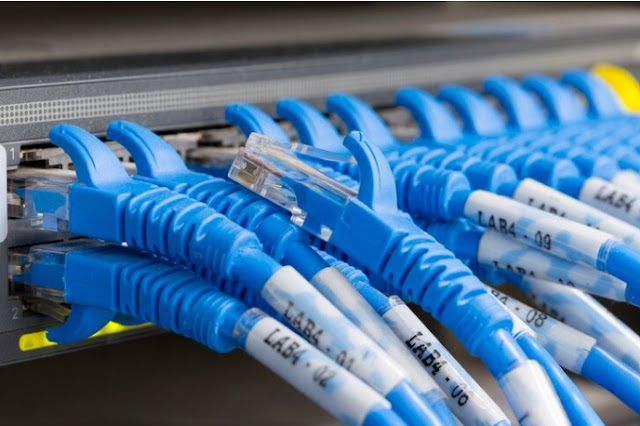In the fast-paced world of technology and
data, network reliability is paramount. As businesses and organizations in New
Jersey depend on their network infrastructures, ensuring the integrity of their
cabling systems is essential. This is where cable certification plays a vital
role. In this article, we will explore the significance of cable certification
and its role in maintaining the efficiency and dependability of network data.
Whether you are seeking cabling
services in New Jersey, understanding the importance of cable
certification is essential. Let us discuss the crucial role of cable
certification in network data repair.
Ensuring Data Integrity
Cable certification is the process of verifying
the performance and compliance of a cabling system with industry standards and
manufacturer specifications. It serves as a critical step in the installation,
maintenance, and repair of network data cabling systems. By certifying the
cables, you can ensure data integrity, minimize downtime, and maintain the
optimal performance of your network.
Benefits of Cable Certification
- Cable certification assures the
quality of the cabling installation. This verification process ensures
that the cabling system meets industry standards and performs as expected,
meeting the specified data transmission rates.
- In the event of network issues,
certified cables make troubleshooting and maintenance more
straightforward. By pinpointing the location and nature of problems
quickly, network
data repair contractors in New Jersey can
minimize downtime and reduce repair costs.
- Compliance with industry
standards is crucial for network reliability. Certified cabling systems
ensure that your network infrastructure adheres to these standards,
reducing the risk of compatibility issues with future technology upgrades.
- Cable certification provides
comprehensive documentation of the cabling system's performance. This
documentation can be invaluable for network data repair contractors in New
Jersey, offering insights into the health of the network and aiding in
efficient repairs.
The Certification Process
The cable certification process involves a
series of tests and measurements to evaluate the cabling system's performance.
These tests include:
- Verifying the length of the
cable to ensure it meets the specified requirements.
- Confirm that the cable is
correctly terminated and that each conductor is connected to the
appropriate pin at both ends.
- Measuring the signal loss in
the cable to ensure it falls within acceptable limits.
- Evaluating near-end and far-end
crosstalk to check for interference between adjacent cables.
- Assessing the quality of the
signal reflection to determine if it is within acceptable parameters.
- Measuring the time it takes for
a signal to travel from one end of the cable to the other, ensuring it
meets standards.
Bottom line
Thus, cable certification plays a pivotal role
in maintaining network data integrity and reliability. Network cabling company in New Jersey is said to provide assurance
that your cabling system meets industry standards, aids in troubleshooting and
maintenance, ensures compliance and offers valuable documentation for repairs
and upgrades.


